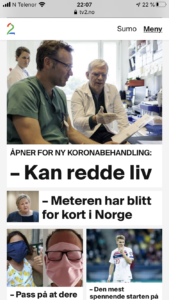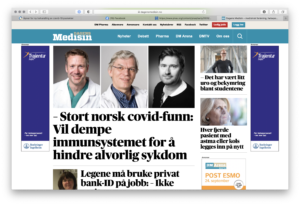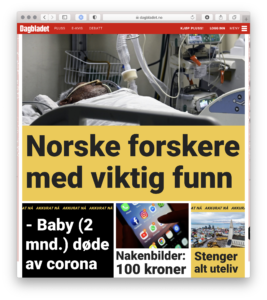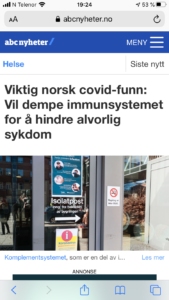NCRG reveals role of Complement in COVID-19
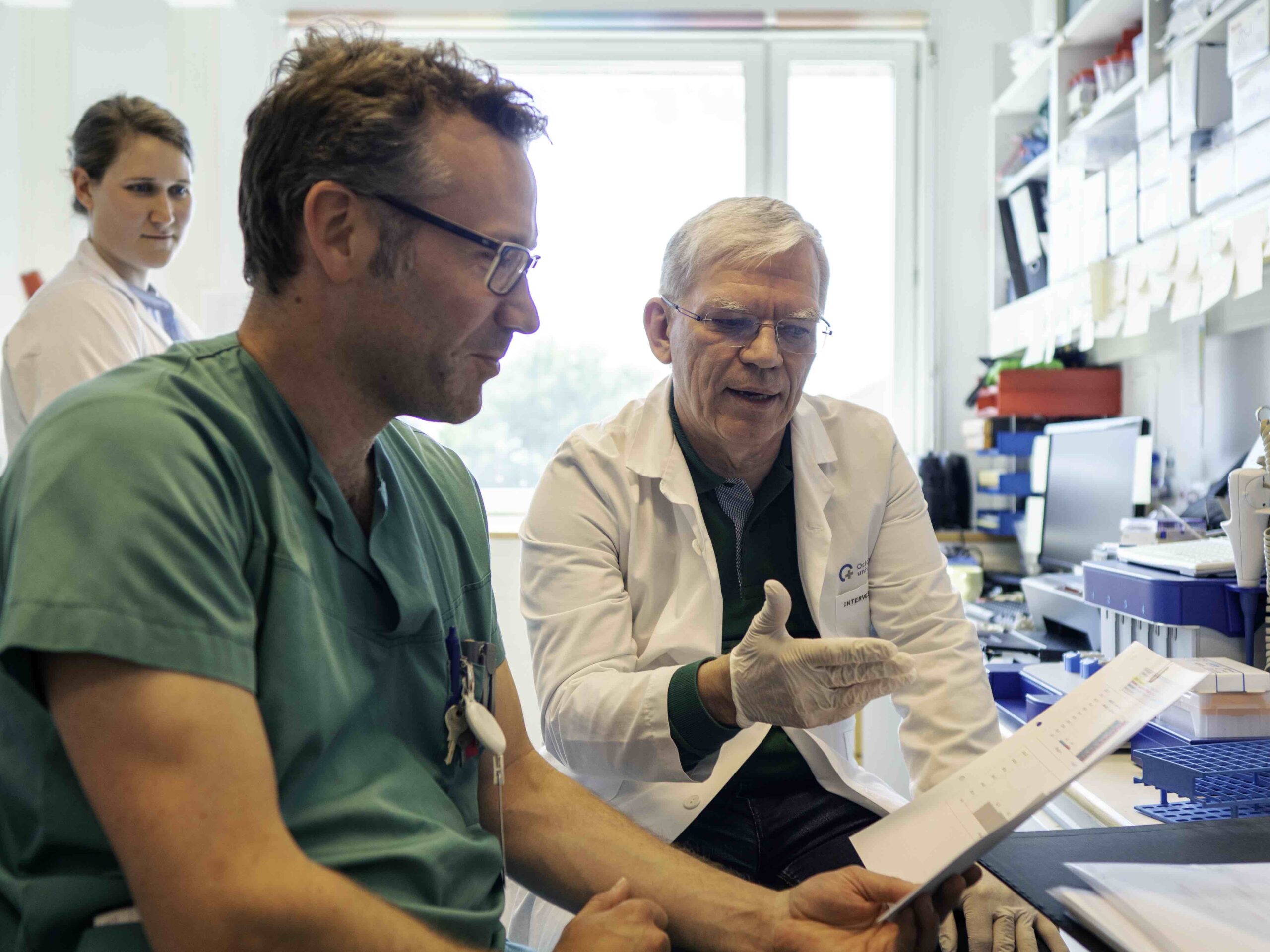
Systemic Complement Activation is Associated with Respiratory Failure in COVID-19 Hospitalized Patients
This is a summary of the landmark prospective cohort patient study published in Proceedings of the National Academy of Science with many authors from the NCRG (Pischke SE, deBoer E, Sokolova M, Chaban V, Schjalm C, Mollnes TE) representing shared first, second, senior and corresponding author.
This article has gained a lot of attention in the news!
COVID-19 affects the body in many ways. Hallmark is an over-reacting immune response and that doctors are not able to predict which patient will enter a severe course with respiratory failure and eventually death. Many drugs are currently tried in COVID-19 patients, while actual understanding is lacking on which processes really are engaged by the virus.
In this study, we evaluated if the part of the immune system you are born with and which is thus not “learned” or acquired during life, is responsible for the severity of the COVID-19 disease. This part of the immune system is called the complement system. Complement consists of proteins, which are produced in many cells and organs in our body, circulate all the time in the blood and are present in tissue and organs and thus represent the first line of defense against invaders, like e.g. viruses and bacteria.
One can think about the complement system like being on a boat on a river leading to a waterfall with the complement system as the water: While you are in shallow water, the complement system is moving your boat in a controlled way. Translated to our body; once the complement system is activated locally, it leads to local inflammation with the aim to “mark” the intruder or infected cells, signaling to more specific immune cells that can take out the threat. However, when you are getting closer the waterfall, the current is increasing and at one point it will not be possible to keep control of your boat any longer and the water will drag you over the water fall into an uncontrollable and disastrous situation. Translated to our body; Over-whelming activation of the complement system can lead to uncontrollable activation of the complement system, resulting in over-activation of the immune system of the whole body, which at one-point is not controllable any longer and disastrous for the body. We suspected that such a state could be caused in COVID-19 patients getting respiratory failure.
In this study, we were a big multi-professional team and observed 39 patients with confirmed COVID-19 infection from the day of hospital admission (around 8 days after first symptom of disease) and the next ten days while in hospital. We show that the complement system is much higher activated in patients who develop respiratory failure. Especially the end-product of the activated complement system in blood (the terminal complement complex or soluble C5b-9) was highly associated to development of respiratory failure and thus a sensitive marker for the severe form of COVID-19 at hospital admission. Of note, we found at hospital admission that the degree of complement activation was independent of the amount of virus present, which may indicate that COVID-19 is virus-caused, rather than virus-driven or that patients react differently on the virus and that the degree of complement activation is of importance for the course of the disease. Antibodies against the SARS-CoV-2 virus were present in the majority of patients already at admission and all patients developed antibodies within the 10 days of hospital stay. Interestingly, presence of a lot of antibodies was associated with more severe disease and together with complement system levels increased the likelihood of developing a severe course of the disease.
Drugs slowing down or totally blocking the complement system are available and approved in all countries for use in patients, so far for a few rare diseases. Case reports have shown beneficial effects of complement inhibition in COVID-19, but no conclusions can be drawn so far.
We proof for the first time that the complement system is widely over-activated in patients having or developing severe COVID-19 disease. Thus, we give the scientific basis for investigating complement drugs in clinical trials in COVID-19 patients. Such knowledge about the mechanism on how COVID-19 develops is much needed, as it can guide how new trials should be designed and drugs evaluated and minimizes that fruitless clinical trials are undertaken.
In the news:
Similar News

Søren E. Pischke received a prestigious honorary award
Award and honour to Søren E. Pischke. The NCRG group member, anaesthesiologist, and critical care expert, Dr. Søren Pischke,...
Read more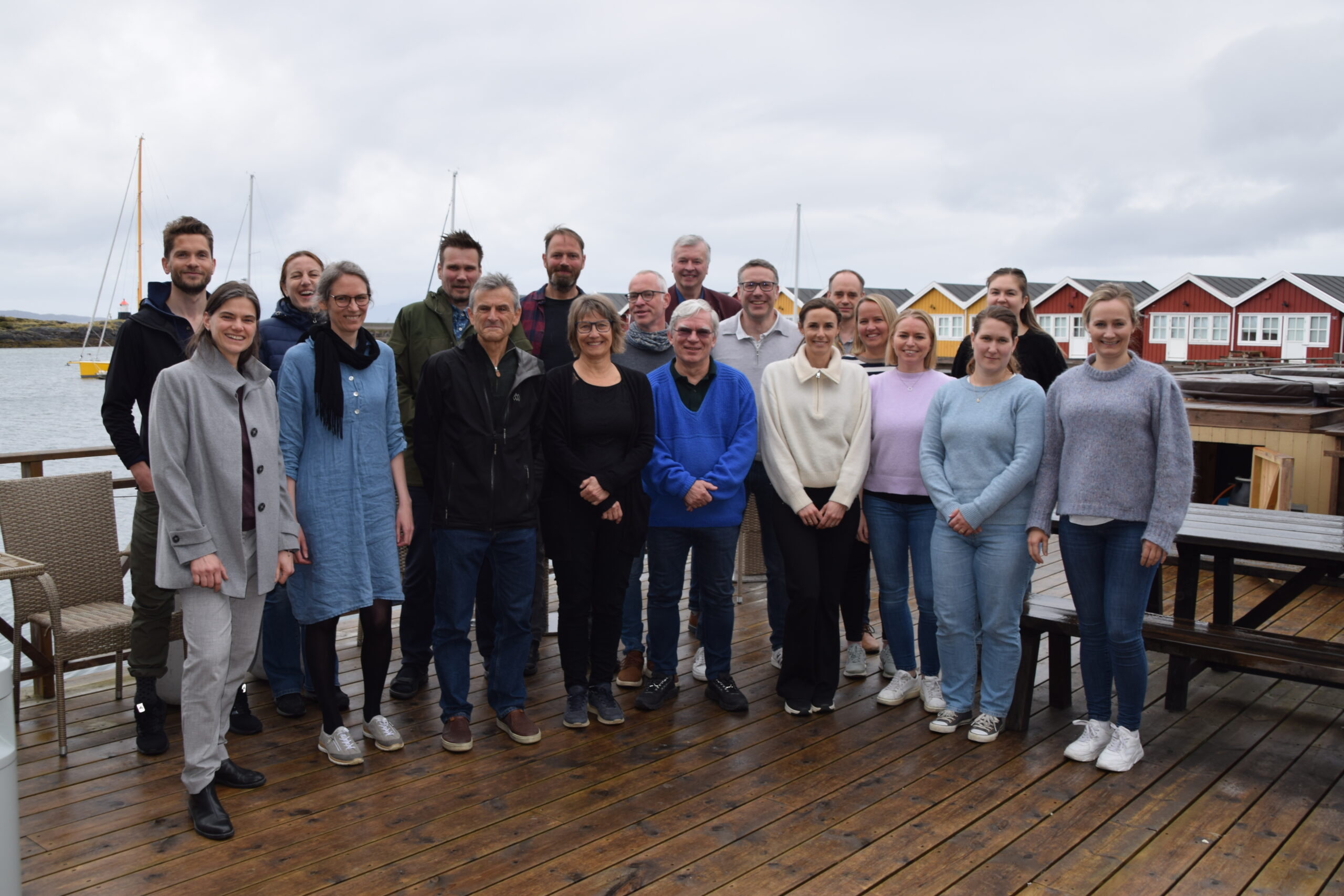
6th NCRG Symposium at Kjerringøy
19 members of the NCRG joined the 6th Norwegian Complement Symposium at Kjerringøy. Kjerringøy is an old traditional trading place ...
Read more
Viktoriia Chaban defended her PhD
MD Viktoriia Chaban at Institute of Clinical Medicine defended her thesis “Innate immune responses to sterile inflammation after acute brain...
Read more